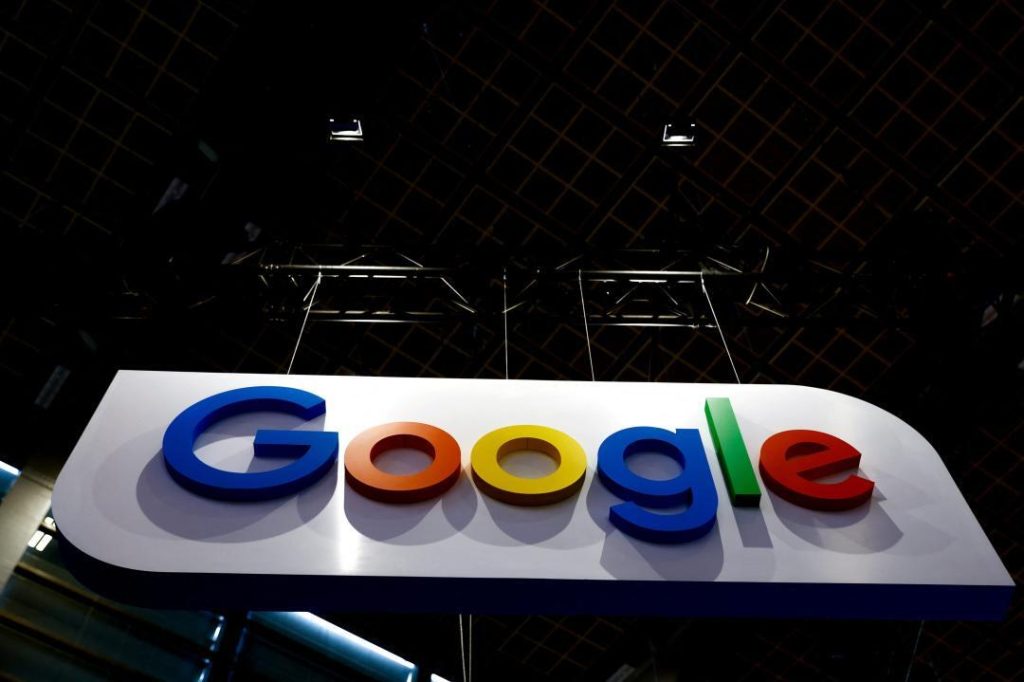
US Judge Rules Google Illegally Dominated Online Advertisement Technology Markets
In a significant development in the world of digital advertising, a US District Judge has ruled that Google has illegally dominated two markets for online advertising technology. Judge Leonie Brinkema of the Eastern District of Virginia made the finding after a lengthy investigation and legal battle between Google and the US Department of Justice (DOJ).
According to the judge’s ruling, Google has monopolized the markets for publisher ad servers and ad exchanges, which sit between buyers and sellers of online advertising. The decision has significant implications for the tech giant and the broader digital advertising industry, as it could pave the way for prosecutors to argue for a breakup of Google’s ad products.
The ruling is the result of an antitrust investigation launched by the DOJ in 2020, which aimed to determine whether Google’s dominance in the online advertising market was harming competition and consumers. The investigation focused on Google’s ad exchange and publisher ad server businesses, which are critical components of the online advertising ecosystem.
In her ruling, Judge Brinkema found that Google’s dominance in these markets allowed the company to dictate terms to publishers and advertisers, and to use its market power to stifle innovation and competition. The judge noted that Google’s ad exchange, Google Ad Exchange, controlled 90% of the market, and that its publisher ad server, Google Ad Manager, controlled 80% of the market.
The ruling is a major blow to Google, which has long maintained that its dominance in the online advertising market is the result of innovation and competition, rather than anti-competitive behavior. The company has also argued that its ad exchange and publisher ad server businesses are essential to the functioning of the online advertising ecosystem, and that any breakup of these businesses would harm publishers, advertisers, and consumers.
However, the DOJ and other antitrust regulators have long argued that Google’s dominance in online advertising is the result of anti-competitive behavior, including its use of exclusive contracts, its acquisition of competing businesses, and its use of its market power to stifle innovation and competition.
The ruling is also significant because it could pave the way for the DOJ to argue for a breakup of Google’s ad products, which would require the company to spin off its ad exchange and publisher ad server businesses into separate companies. This would likely be a major blow to Google’s revenues and profitability, as these businesses are critical components of its online advertising business.
The implications of the ruling are not limited to Google, however. The decision could also have significant implications for the broader digital advertising industry, as it could lead to increased competition and innovation in the online advertising market. This could benefit publishers, advertisers, and consumers, who are all affected by the online advertising ecosystem.
The ruling is also the latest development in a broader trend of increased scrutiny of the tech industry by antitrust regulators. In recent years, there has been a growing recognition that the tech industry’s dominance has led to a lack of competition and innovation, and that this has harmed consumers and the broader economy.
In conclusion, the US District Court’s ruling that Google has illegally dominated two markets for online advertising technology is a significant development in the world of digital advertising. The decision is a major blow to Google, and could pave the way for the DOJ to argue for a breakup of the company’s ad products. The implications of the ruling are not limited to Google, however, and could benefit publishers, advertisers, and consumers by increasing competition and innovation in the online advertising market.
Source:






